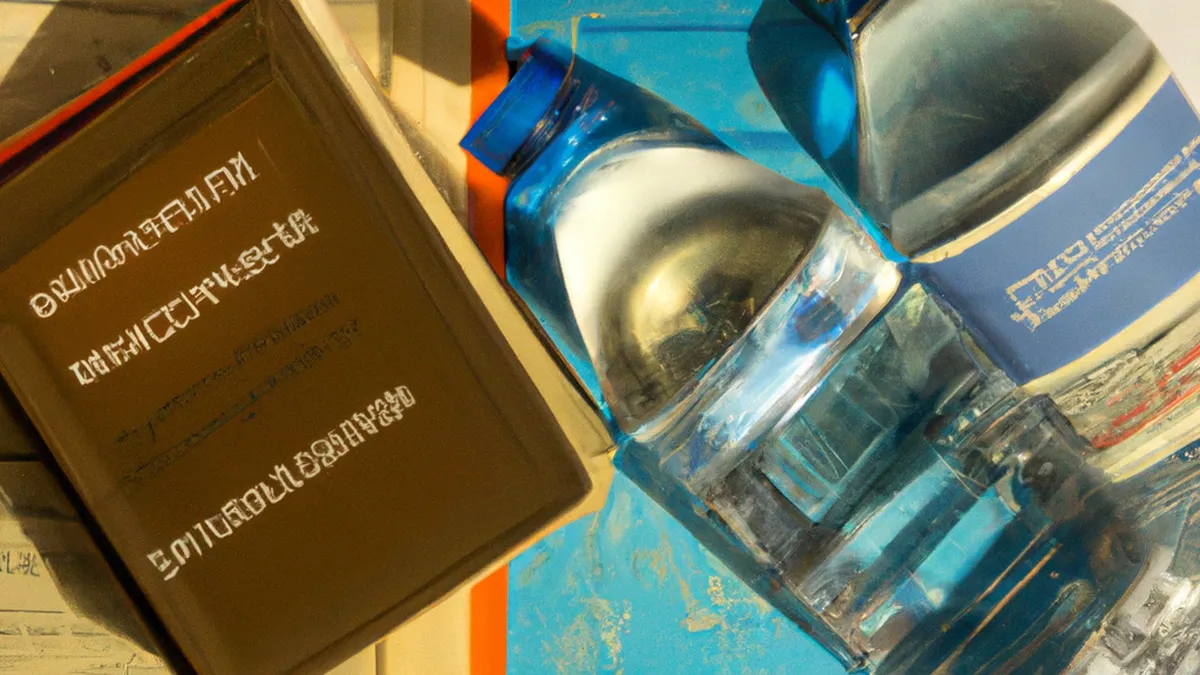Hydration Strategies for Scientific Adventures
The Role of Hydration in High-Altitude Scientific Expeditions
High-altitude scientific expeditions present unique challenges. Researchers study glacial melt, atmospheric changes, and biodiversity while facing harsh conditions. Reduced oxygen levels and extreme weather complicate their efforts. Among these challenges, hydration plays a crucial role. Dehydration can severely impact performance and health. Therefore, understanding hydration management is vital for high-altitude missions.
Understanding Hydration Needs
Hydration needs change significantly at altitudes above 8,000 feet (2,400 meters). At these heights, the body loses water quickly. Decreased air pressure and drier air lead to increased respiratory moisture loss. Physical exertion from climbing, hiking, or research increases sweat production, exacerbating fluid loss. Individual differences, such as body composition and activity level, also influence hydration needs.
Factors Influencing Hydration
Several key factors affect hydration needs during high-altitude expeditions:
1. **Altitude**: Higher elevations increase fluid requirements. The body needs more water to adapt and maintain functions.
2. **Physical Activity**: Intense activities significantly affect hydration levels. Strenuous efforts can lead to substantial fluid loss, necessitating increased intake.
3. **Individual Differences**: Each person’s hydration needs vary widely. Factors like body size and acclimatization influence water consumption requirements.
Signs of Dehydration
Recognizing dehydration signs is essential for high-altitude researchers. Common symptoms include:
– **Thirst**: A natural signal indicating the need for fluids.
– **Dry Mouth and Skin**: Signs of reduced moisture levels in the body.
– **Fatigue**: Lack of hydration can decrease energy and increase tiredness.
– **Dizziness and Headaches**: These symptoms can impair cognitive function.
Severe dehydration can cause confusion and altitude sickness, threatening health and performance. Researchers must monitor hydration status and proactively manage fluid intake. When unsure, drinking more water is preferable to risking dehydration.
Hydration Tips for High-Altitude Expeditions
Researchers can follow these tips to stay hydrated:
1. **Drink Water Regularly**: Develop a habit of drinking water throughout the day.
Conclusion
Hydration is crucial for high-altitude expeditions. Understanding needs and monitoring signs can ensure researchers maintain optimal performance and health.
Below are related products based on this post:
FAQ
Why is hydration particularly important during high-altitude scientific expeditions?
Hydration is crucial during high-altitude scientific expeditions because the body loses water more rapidly due to decreased air pressure and drier conditions. Physical exertion increases sweat production and respiratory moisture loss, making it essential to manage fluid intake to maintain health and performance.
What factors influence hydration needs at high altitudes?
Several factors influence hydration needs at high altitudes, including altitude itself, which raises fluid requirements; the level of physical activity, which can lead to significant fluid loss; and individual differences, such as body size and acclimatization, which affect how much water each person needs.
What are some signs of dehydration that researchers should watch for?
Researchers should watch for signs of dehydration such as thirst, dry mouth and skin, fatigue, dizziness, and headaches. Recognizing these symptoms is crucial, as severe dehydration can lead to confusion and altitude sickness, posing risks to health and performance.















Post Comment